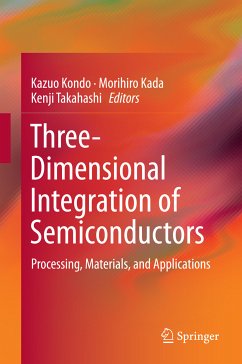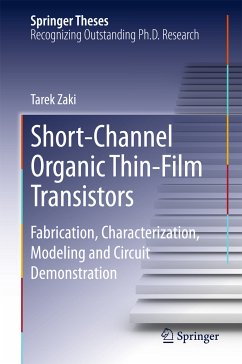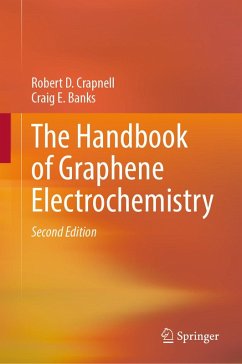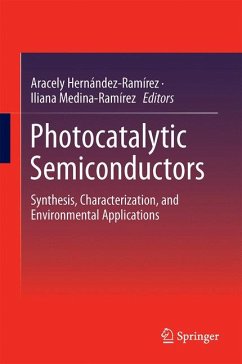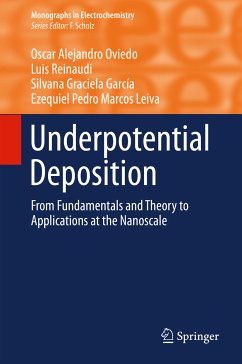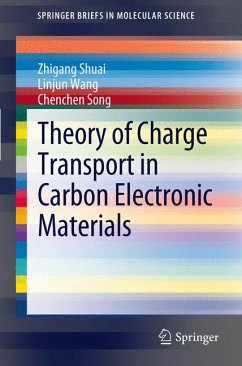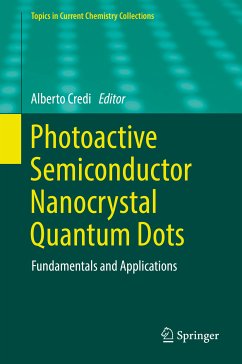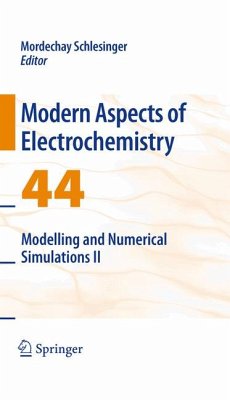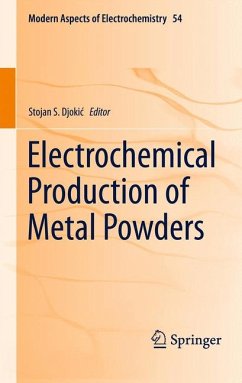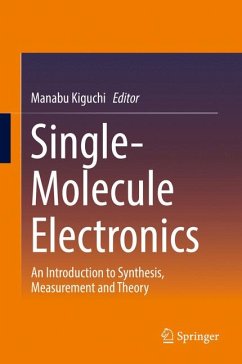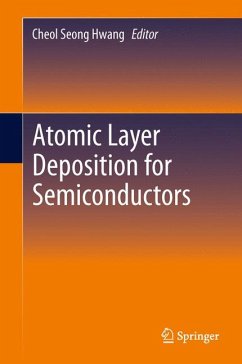
Atomic Layer Deposition for Semiconductors (eBook, PDF)
Versandkostenfrei!
Sofort per Download lieferbar
120,95 €
inkl. MwSt.
Weitere Ausgaben:

PAYBACK Punkte
60 °P sammeln!
This edited volume discusses atomic layer deposition (ALD) for all modern semiconductor devices, moving from the basic chemistry of ALD and modeling of ALD processes to sections on ALD for memories, logic devices, and machines. The section on ALD for memories covers both mass-produced memories, such as DRAM and Flash, and emerging memories, such as PCRAM and FeRAM. The section on ALD for logic devices covers both front-end of the line processes and back-end of the line processes. The final section on ALD for machines looks at toolsets and systems hardware. Each chapter provides the history, op...
This edited volume discusses atomic layer deposition (ALD) for all modern semiconductor devices, moving from the basic chemistry of ALD and modeling of ALD processes to sections on ALD for memories, logic devices, and machines. The section on ALD for memories covers both mass-produced memories, such as DRAM and Flash, and emerging memories, such as PCRAM and FeRAM. The section on ALD for logic devices covers both front-end of the line processes and back-end of the line processes. The final section on ALD for machines looks at toolsets and systems hardware. Each chapter provides the history, operating principles, and a full explanation of ALD processes for each device.
Dieser Download kann aus rechtlichen Gründen nur mit Rechnungsadresse in A, B, BG, CY, CZ, D, DK, EW, E, FIN, F, GR, HR, H, IRL, I, LT, L, LR, M, NL, PL, P, R, S, SLO, SK ausgeliefert werden.




